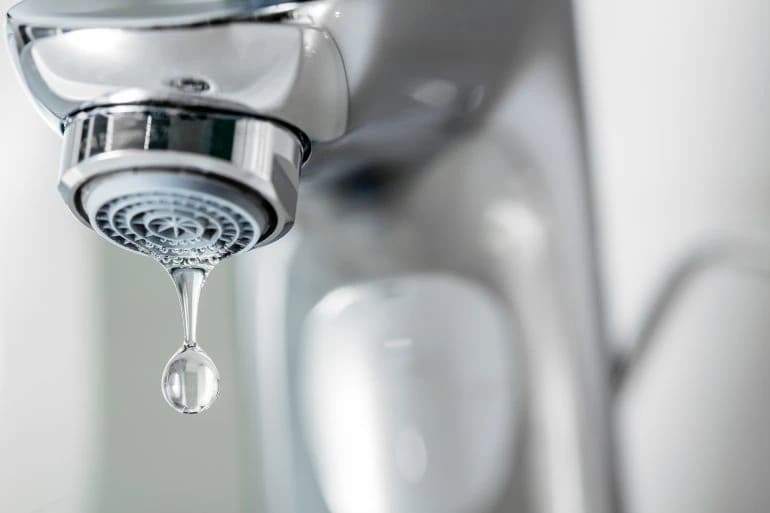Water bills can sometimes come as a surprise, especially when they are higher than expected. Understanding the reasons behind high water bills can help you save money and use water more efficiently. Here are the top 10 culprits that might be causing your water bills to be high, along with tips on how to fix them.
1. Leaky Faucets and Fixtures
One of the most common reasons for high water bills is leaky faucets or fixtures. Even a small leak can waste a significant amount of water over time. To check for leaks, listen for drips and inspect all faucets, showerheads, and toilets for any signs of water escaping when they are not in use. Replace worn-out washers or seals to stop the leaks and save water.
2. Running Toilets
A running toilet can waste hundreds of gallons of water each day. Often, the cause is a faulty flapper valve or a worn-out seal. To check if your toilet is running, put a few drops of food coloring in the tank and wait for 15 minutes without flushing. If the colored water appears in the bowl, you have a leak. Replace the flapper valve or seek professional help to fix the issue promptly.
3. Irrigation Leaks
If you have a sprinkler system or irrigation system, check regularly for leaks in the pipes, valves, and sprinkler heads. A leak in an irrigation system can go unnoticed for a long time but can significantly increase your water usage and bills. Inspect your system during and after use to ensure everything is functioning properly and repair any leaks promptly.
4. High Water Pressure
High water pressure can cause pipes and fixtures to leak or burst, leading to increased water bills and potential water damage. Use a pressure gauge to measure your home’s water pressure. Ideally, it should be between 40 and 60 pounds per square inch (psi). If it’s higher, consider installing a pressure regulator to reduce the pressure and prevent excessive water use.
5. Older Appliances
Older appliances like washing machines and dishwashers may not be as water-efficient as newer models. They can use more water than necessary, especially if they have leaks or are not functioning properly. Consider upgrading to WaterSense-labeled appliances, which are designed to use less water without sacrificing performance.
6. Long Showers and Baths
Taking long showers or filling up a bathtub uses a lot of water. Consider installing a low-flow showerhead, which can significantly reduce water usage without affecting your shower experience. Also, try to limit the time spent in the shower or consider taking shorter showers to save water.
7. Watering the Lawn at the Wrong Time
Watering your lawn during the hottest part of the day can lead to excessive evaporation, meaning your lawn doesn’t benefit as much from the water you’re using. Instead, water your lawn early in the morning or late in the evening when temperatures are cooler to reduce water loss and ensure your lawn gets the water it needs.
8. Hidden Leaks
Some leaks can be hidden underground or within walls, making them harder to detect. Watch out for unexplained increases in your water bill, which could indicate a hidden leak. If you’re experiencing a high water bill with no leaks apparent, it might be time to consider other less obvious factors affecting your water usage, such as inaccuracies in meter readings or changes in household water use patterns. Check your water meter regularly and compare readings to monitor water usage. If you suspect a hidden leak, contact a plumber to conduct a thorough inspection and make any necessary repairs.
9. Lifestyle Habits
Simple changes in your daily habits can also contribute to higher water bills. For example, leaving the water running while brushing teeth or washing dishes wastes water unnecessarily. Encourage everyone in your household to be mindful of their water usage and adopt water-saving habits like turning off the tap when not in direct use.
10. Municipal Water Rate Increases
Lastly, sometimes the reason for a higher water bill is simply an increase in municipal water rates. Check with your local water provider to understand if there have been recent rate hikes or changes in billing policies that could explain the increase in your water bill.
Conclusion
By identifying and addressing the reasons behind high water bills, you can save money and contribute to water conservation efforts. Regularly check for leaks, upgrade to water-efficient appliances, adjust your irrigation practices, and adopt water-saving habits to reduce your water consumption and bills. Taking proactive steps to conserve water not only benefits your wallet but also helps protect this precious resource for future generations.


